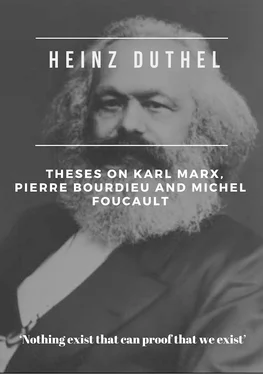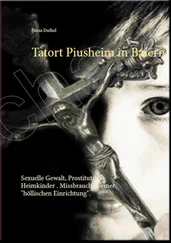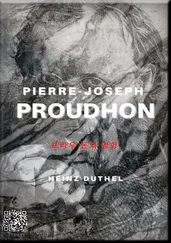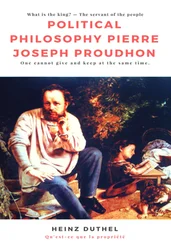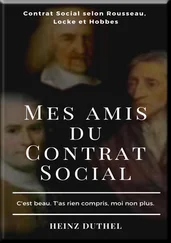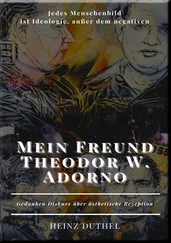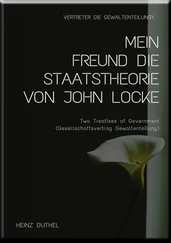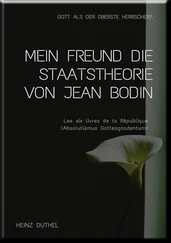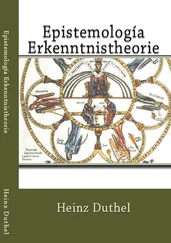In being called an injurious name one is paradoxically given a certain possibility of social existence, initiated into a temporal life of language that exceeds the prior purposes that animate the call.
[Butler, 1997 #341, p 2]
We have to see the name as part of the totality of the pupil’s social existence and interactions. Does it fit with my view of myself? Does it fit with how I perceive other’s view of me? [Althusser, 1971 #29]. This process of enforcement of legitimate order plays its part in the structuring of the habitus. The habitus, partially formed by early family experiences, influences the way in which the school is interpreted. Conversely, the way symbolic violence is enacted in the school influences in its part the way family life is interpreted. Pedagogic action and authority both convey the acceptability of the practices as well as work to exclude alternatives as unnatural or unthinkable. Power may not be exercised or enforced directly or explicitly in everyday verbal and other exchanges, but may be exercised more implicitly through a range of more subtle strategies that the teacher may be unaware of – and which raises some problems for the researcher.
Empirical issues arise around a more immediate sense of consciousness and the various ways in which participants of interaction can be said to be unaware of exercising power or seek to convey the idea of not exercising power. What strategies are employed that resist displays of power or that seek to neutralise it?
[Cicourel, 1993 #49, p 192]
Teachers will be positioned by their involvement in a system in which symbolic violence is enacted, and will react differentially. Aaron Cicourel is arguing that while there may be a lack of awareness of the exercise of power - and by association, symbolic violence – teachers may adopt strategies that seek to position themselves within or to distance themselves from displays of social power.
3.2.6 Working with the habitus
Working within such a Bourdieuian framework has implications for my research methodology. Pierre Bourdieu’s approach to the agency/structure issue is to be critical of much anthropology, which he sees as representing two main streams – the structuralist which sees culture as the mode of communication of meaning, and the functionalist wherein culture is an ideological force for social control. He criticises the first because it reifies cultural forms as structure and the second because it overemphasises ideology as all pervasive or as false consciousness, imposing domination and social control. In contrast, he attempts to reconcile different approaches with a fresh perspective. He sees objective structures not only as actually structure, but also as structuring; as both constituting the individual, and dynamically constitutive of society. With such a perspective as this, the whole subjectivist/objectivist debate becomes largely artificial. In this research, this means there is a need to concretise the four components of the habitus into an explicit theoretical framework, which informs both the research design and the data collection, but also allows me to analyse a teacher’s professional frameworks. I need then to construct a set of:
dialectical relations between objective structures and the subjective dispositions within which these structures are actualised and which tend to reproduce them.
[Bourdieu, 1977 #36, p 3]
This is quite a tall order and I will begin by attempting to clarify my own interpretation of the empirical issues in working with the habitus.
Individuals are possessed, constituted by structural generative schemes that organise our social practices. Yet, practice is a cognitive, social operation reproducing the structures from which it came. However, the distinction here is between reproduction rather than replication. Reproduction allows for some variation and diversity, some break from staticity, yet at the same time, it imposes some boundaries and limitations on what we can do and conceive. It is here that the habitus becomes significant since it is the generative force behind this diversity and limitation working at the interface of cognition and social action. Schools, schooling and education, both formal, in institutions, and informal in the home and locality, are particularly significant and generating. The habitus is important for social reproduction because it confers upon some children an advantageous positioning in society. Those pupils whose habitus best fits the legitimate modus operandi of the institutions - that of the dominant social group - draw favors which dispose them to acquire greater exchangeable cultural capital. This however expands from educational disposition and qualification to an entire social and cultural disposition, taste etc. Such dispositions are acquired, unconsciously, assimilated in our everyday lives and interactions. We thereby acquire a construction of the ‘real’ world rather than a reflection of it, but this construction informs and organises our own practice and in turn becomes constitutive of the reality of the social world [Bourdieu, 1979: 1984 #45, p 467].
Reading Pierre Bourdieu – or the many articles and books spawned by his work – is unlikely to produce crisp clear definitions of the habitus; we should not search the productions of the habitus for more logic than they contain [Bourdieu, 1992 #342, p 23]. Furthermore, “the logic of practice is logical up to the point where to be illogical would cease to be practical”. That is there is always some flexibility and non-determination in our activity that might be dependent somewhat on the habitus, but is not over-determined by it. Being embodied and tacit, the habitus acts as our second nature, permeating our tastes, acceptable social practices, dress demeanor and forms of interactions. This tacit nature allows us to improvise our practices and demonstrate an apparent implicit competence in our social practices [Bourdieu, 1990 #37, p 68]. These practices however are not to be seen as psychological predilections appertaining to our individual psychological makeup, but are formed out of and become embedded within social structures.
Practice, what people do, is not the product of rules internalised by actors, but is produced by less specific and less definite dispositions. Practice is fundamentally improvisatory, the spinning out over time of the process of adjustment between the constraints, opportunities and demands of specific social fields and the dispositions of the habitus.
[Jenkins, 1992 #59, p 179]
So rather than living by explicit rules, the suggestion is we live by ‘dispositions’ – a central notion in conceptualising the habitus. The habitus allows individuals to generate a range of practices and responses, relationships and stances as a response to diverse and continually changing and adapting social situations without these being reproduced as a fixed set of rules, principles or relations. Hence rather than being imprinted with rules, individuals are endowed with a “logic of challenge and riposte” [Bourdieu, 1977 #36, p 15]. Two quotes from Pierre Bourdieu appear ubiquitously in the literature and bear repeating here. The habitus is –
a system of lasting, transposable dispositions which integrate past experiences functioning at every moment as a matrix of perceptions, appreciations and actions, and makes possible the achievement of infinitely diversified tasks thanks to transfers of schemes permitting the solution of similarly structured problems
[Bourdieu, 1977 #36, pps 82 - 83]
. . . systems of durable, transposable dispositions, structured structures predisposed to function as structuring structures, that is, as principles which generate and organise practices and representations that can be objectively adapted to their outcomes without presupposing a conscious aiming to ends or an express mastery of the operation necessary in order to attain them.
Читать дальше
